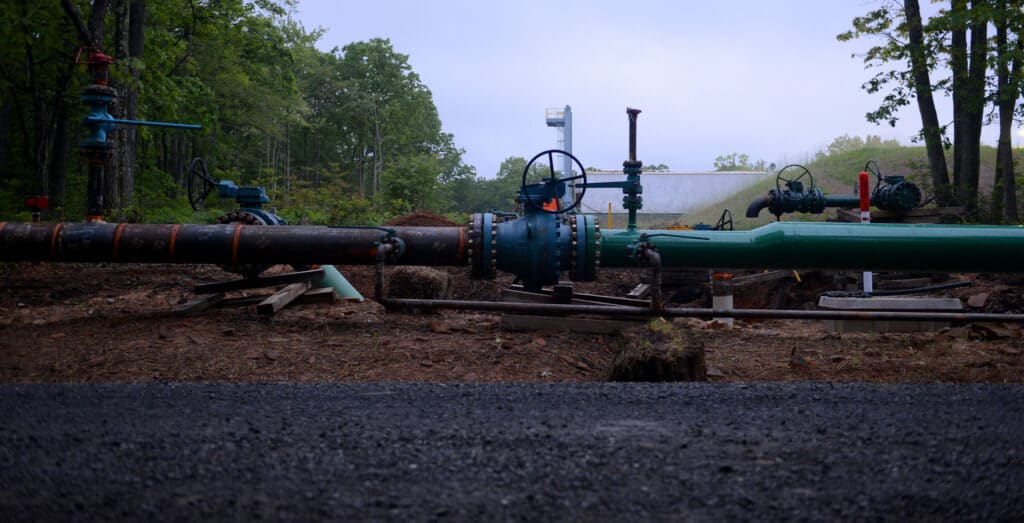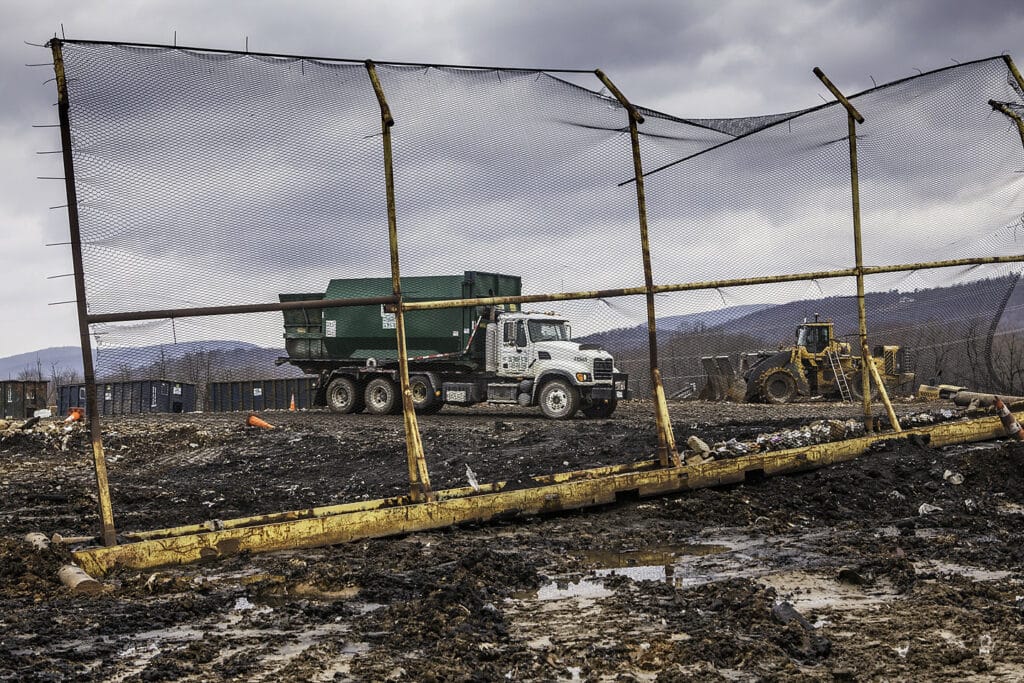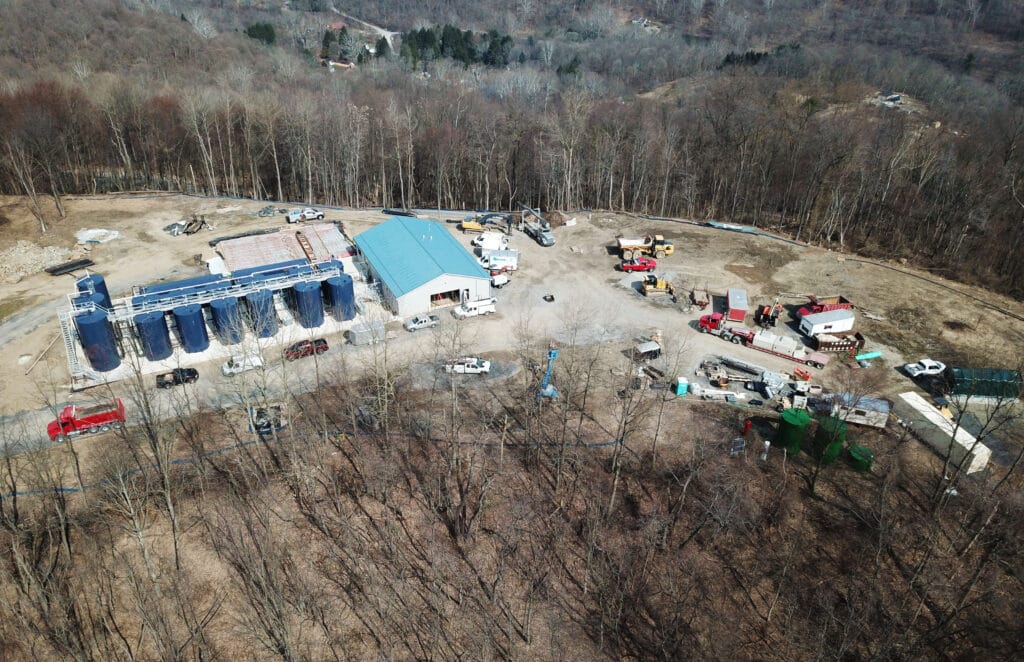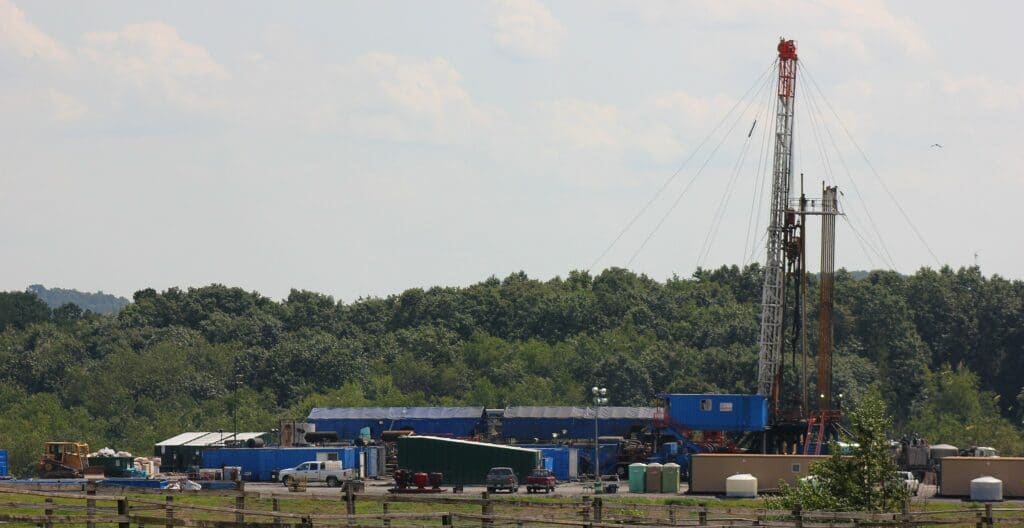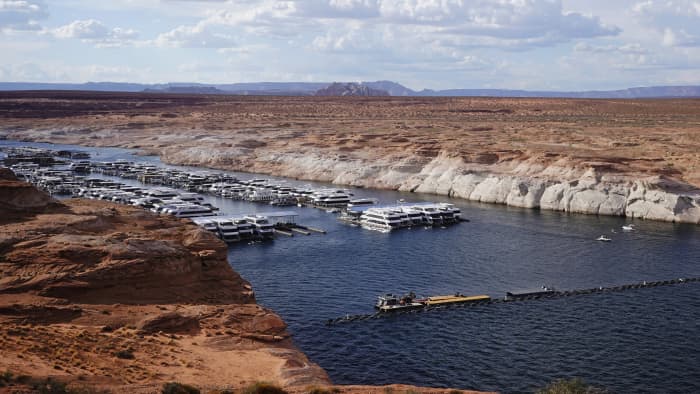While Delta spreads, Republicans deflect and resort to Trump demagoguery
Robert Reich August 8, 2021
Trump Republicans are falling back on their proven method of deflecting attention by blaming immigrants crossing the southern border.

As America reaches the milestone of 70% of adults with at least one dose of a vaccine, the highly contagious Delta variant is surging.
Public health officials are trying to keep the focus on the urgent need for more vaccinations.
But with unvaccinated Americans – notably and conspicuously residents of states and counties that voted overwhelmingly for Trump in 2020 – succumbing to the Delta strain in large numbers, Trump Republicans are falling back on their proven method of deflecting attention by blaming immigrants crossing the southern border.
Last week, Trump issued a characteristic charge: “ICYMI: “Thousands of Covid-positive migrants passing through Texas border city,” linking a New York Post article claiming that “nearly 7,000 immigrants who tested positive for Covid-19 have passed through a Texas city that has become the epicenter of the illegal immigration surge.”
Trump has employed this racist-nationalist theme before. For years he fixed his ire on Mexicans and Central Americans from “shitholes”, as he has so delicately put it. He began his 2016 campaign by charging that “criminals, drug dealers and rapists” were surging across America’s southern border, and then spent much of the subsequent four years trying to erect a fence to keep them out.
Trump acolytes are adopting the same demagoguery.
As hospitalizations in Florida surged past 12,000 this week, exceeding a record already shattered last weekend, Florida governor Ron DeSantis accused Joe Biden of facilitating the virus by not reducing immigration through the southern border.
“Why don’t you do your job?” DeSantis snapped after Biden suggested DeSantis stop opposing masks. “Why don’t you get this border secure? And until you do that, I don’t want to hear a blip about Covid from you, thank you.”
The Trumpist media is quickly falling in line behind this nativist rubbish. In the last week, Fox News’s Sean Hannity has asserted the “biggest super-spreader” is immigrants streaming over the southern border rather than the lack of vaccinations.
The National Review claims “Biden’s border crisis merges with his Covid crisis” and asserts that “the federal government is successfully terrifying people about Covid while it is shrugging at the thousands of infectious illegal aliens who are coming into the country and spreading the virus.”
A columnist for the Wall Street Journal insists that “if Biden Is Serious About Covid, He’ll Protect the Border.” The Washington Examiner asserts “Biden hypocrisy endangers American lives on southern border.” Ben Shapiro’s Daily Wire warns of “Covid-Positive Illegal Immigrants Flooding Across The Border.”
Can we please stop for a moment and look at the actual data? The Delta variant is spreading fastest in interior states like Missouri and Arkansas, far away from the Mexican border.
It was first detected in India in December, and then moved directly to the United States in March and April according to the CDC.
GISAID, a nonprofit organization that tracks the genetic sequencing of viruses, has shown that each of the four variants now circulating in the United States arrived here before spreading to Mexico and Central America. International travel rather than immigration over the southern border brought the viruses to America.
Haven’t we had enough demagoguery and deflection? Haven’t Trump and his ilk done enough damage already?
The blame game must stop. Let’s be clear: The best way to contain deaths and hospitalizations from Covid is to get more Americans vaccinated. Period.
… we have a small favor to ask. Tens of millions have placed their trust in the Guardian’s high-impact journalism since we started publishing 200 years ago, turning to us in moments of crisis, uncertainty, solidarity and hope. More than 1.5 million readers, from 180 countries, have recently taken the step to support us financially – keeping us open to all, and fiercely independent.
With no shareholders or billionaire owner, we can set our own agenda and provide trustworthy journalism that’s free from commercial and political influence, offering a counterweight to the spread of misinformation. When it’s never mattered more, we can investigate and challenge without fear or favor.
Unlike many others, Guardian journalism is available for everyone to read, regardless of what they can afford to pay. We do this because we believe in information equality. Greater numbers of people can keep track of global events, understand their impact on people and communities, and become inspired to take meaningful action.
We aim to offer readers a comprehensive, international perspective on critical events shaping our world – from the Black Lives Matter movement, to the new American administration, Brexit, and the world’s slow emergence from a global pandemic. We are committed to upholding our reputation for urgent, powerful reporting on the climate emergency, and made the decision to reject advertising from fossil fuel companies, divest from the oil and gas industries, and set a course to achieve net zero emissions by 2030.
If there were ever a time to join us, it is now. Every contribution, however big or small, powers our journalism and sustains our future. Support the Guardian from as little as $1 – it only takes a minute. Thank you.








